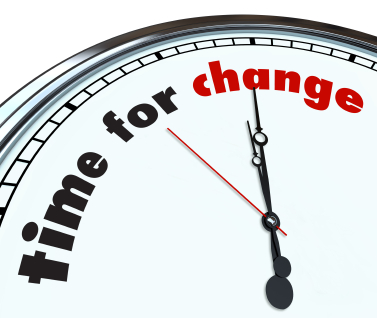Greatest aging fear faced by many

Greatest aging fear faced by many is loss of memory and problems relating to Alzheimer’s
Greatest aging fear faced by many: Alzheimer’s
I may not know what is going on in your mind about your daily activities. But one common thing is that the greatest aging fear faced by many is Alzheimer. Just to share about myself, there are days that I am too forgetful. At one time I misplace my reading glasses, forget names as soon as I am told or pull up into my home garage after work only to remember that I forgot to stop and pick up something for dinner on the way home. Like I had said, I don’t know about you but if this sounds all too familiar, it may interest you to note that although up to 80 percent of your risk of Alzheimer’s is related to genetic factors, your risks of this can be modified by a few toxic exposures and lifestyle adjustments reiterates doctor Dalal Akoury MD President and founder of AWAREmed Health and Wellness Resource Center.
While it may sound too good to be true, think of it this way: Correcting hormone imbalance takes care of the brain, so it can take care of your mind, and by extension, you. The best news of all is that you don’t need to take medication to stave off memory loss. You can start now without any major investment. Here are a few things that I found through my research help keep your brain and mind sharp:
Greatest aging fear faced by many: Having good sleep of between 7-8.5 hours
Many have their reasons for ignoring good night’s sleep. But whatever the reason, it doesn’t change the fact that good night sleep is like a shampoo for your lymphatic system, which keeps blood sugar in check and banishes brain fog. It also keeps your mind sharp, by keeping cortisol in check so stress doesn’t get the best of you. Did you know that? Now you know.
Greatest aging fear faced by many: Staying stimulated
Like your body, your brain needs a workout regimen. Adult education has been shown to reduce the risk of dementia by 75%. Playing word games, doing crossword puzzles, and staying up on current events can help keep your mind sharp for years to come. Dear friend this is doable at home, don’t you think so?
Greatest aging fear faced by many: Find your community
Interacting with others stimulates the brain. According to a researcher from Harvard, it was established that people with at least five social ties like religious or social groups, regular visits, or phone calls with family and friends, were less likely to experience cognitive decline than those with no social ties. We are still talking about rejuvenating your memory and it is helpful noting how simple things can work well for you. Losing memory can really bring you down and the sooner you take action the better for you and your loved ones. You can seek for more professional insight by scheduling an appointment with doctor Akoury now.
Greatest aging fear faced by many: Alzheimer’s
http://regenerativepotential.com/wp-admin



